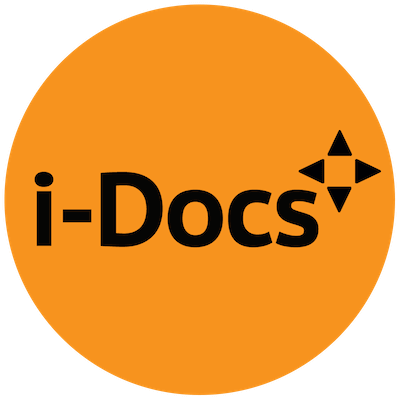As we are launching a brand new MA/lab in digital and interactive storytelling (disLAB) at Westminster University, we have been internally debating which are the essential skills that the next generation of storytellers will need in order to succeed in our digital media landscape. The disLAB team, Dr David Dunkley Gyimah, Dr Massimiliano Fusari and myself, are having weekly brainstorms to map out the core values …
A Polish Journey – A web-doc about migration and its legacy
A Polish Journey, a web based documentary produced by using Klynt, is a highly poetical interactive experience exploring borders, the theme of migration and the legacy it holds for future generations. Focusing its lens on landscape, referencing the romantic poetry of Heinrich Heine and Adam Mickiewicz, documentary filmmaker and media artist Julian Konczak embarks on a journey across the frontiers …
i-Docs presents Ingrid Kopp: A field guide to interactive storytelling
Technology has always changed how we tell stories but something extraordinary is happening at the moment. The speed of technological progress, coupled with the web and social media, has led to a host of new storytelling possibilities. The new storytelling paradigm has been described as participatory, cross-platform, immersive, transmedia, and interactive. But what kinds of stories are possible now? This …
Translimitstorytelling: creating stories for the digital age
Translimitstorytelling is a brand new company dedicated to creating stories for the digital age. Headed up by Nina Simoes, who spoke at i-Docs 2011 & 2012, they already have two strong in-house productions, the company is also open to co-productions with creators who are experimenting with groundbreaking technologies and innovative ways to engage with audiences. The team behind Translimitstorytelling is …
Sheffield Doc Fest: a few brilliant projects
Not everyone (including me) was lucky enough to be at Sheffield Doc Fest this year, but luckily some of the i-Docs team were and I was able to avidly follow their movements via the wonder that is Twitter to bring you, lucky reader, some of the projects that appeared at the renowned documentary festival this year: First up is farewellcomrades.com, …
Transmedia Storytelling: a presention by Patrick Möller
Patrick Möller is a Transmedia Storyteller, ARG Developer and Gamer at Imaginary Friends. This presentation is from the first “Transmedia Mobile Gaming” conference in Warsaw, Poland. Patrick was invited by Voodoodance to speak about “Transmedia Storytelling” and to show some cases, these are the slides from his talk: Transmedia Mobile Gaming – Conference | Transmedia Storytellling View more presentations from …
Jonathan Harris, or the personal story as creation
Jonathan Harris, the mind behind We Feel Fine and Cowbird, among others, was in Barcelona to attend the OFFF 2012 Festival. In a packed hall, he talked about his work and his life and how both are connected. I wrote an article for La Vanguardia about it: You could say that Jonathan Harris (Vermont, 1979) is a programmer who tells stories, or …
(Almost) Weekly Roundup!
It’s not quite Friday, but here’s a hand crafted round up of what i-Docs has found on the web this week! 1. Another guest post from Jesse Shapins, unfortunately not on the i-Docs site this time, but over at PBS. Jesse discusses ‘How the Indie Audio Community Is Transforming Storytelling’ and packs in plenty of good examples to boot! Have …
Feedback Session with Jigar Mehta: What next for #18daysinegypt?
These notes are taken from a feedback session at i-Docs 2012, chaired by Arnau Gifreu with keynote Jigar Mehta. All the questions either came from the audience or Arnau, for more information about the #18daysinegypt project, visit: 18daysinegypt.com Three basic aspects for the continuation of #18daysinegypt: How we increase participation? When does a project end? How do we build a …
Some Thoughts on Social Change through Story-telling
In addition to their obvious contributions to non-fiction narrative media, the unique characteristics of interactive documentary may find another area of usefulness in cultural and social anthropology, especially as paradigm shifts continue to evolve regarding the power relationships between those being “studied” and those who are doing the “studying.” Beginning in the 1960s, traditional techniques for conducting ethnographic field research …










